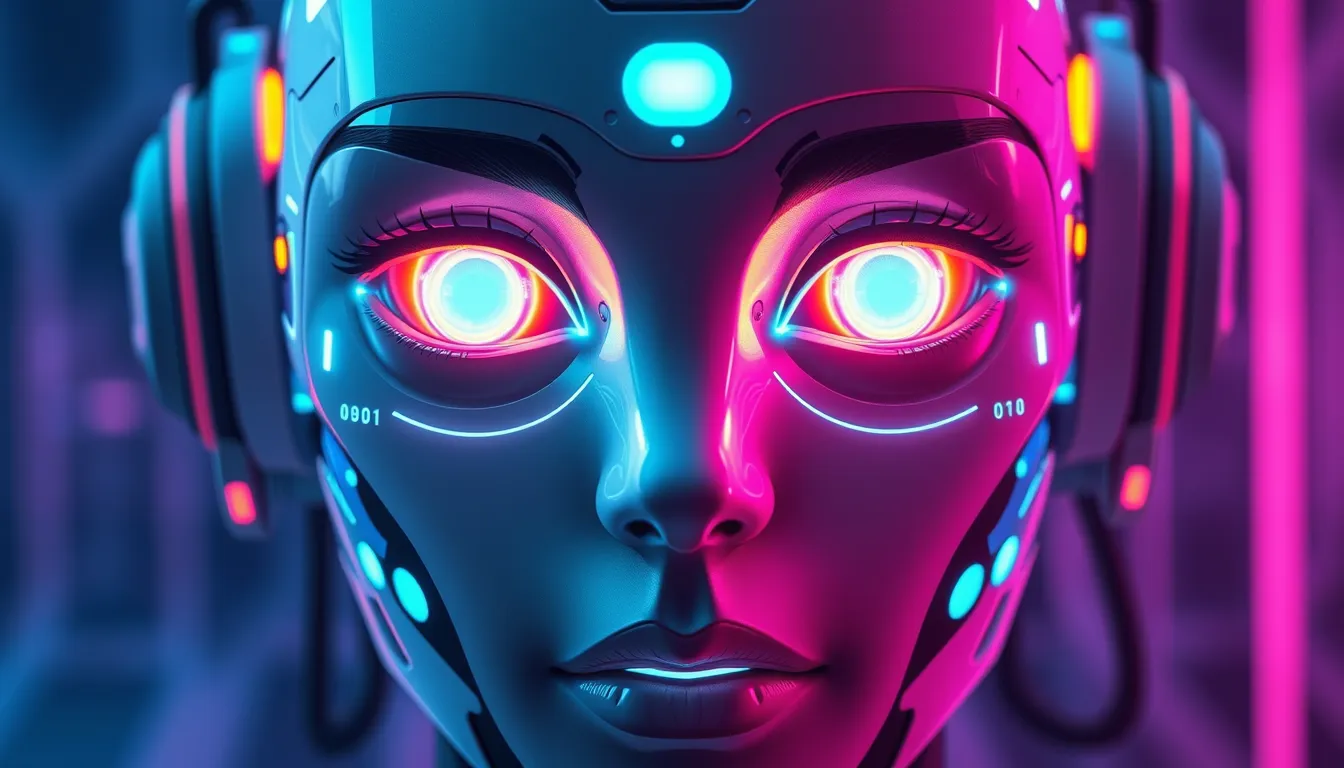Now Reading: Powerful AI in Healthcare Diagnostics: Boosting Patient Care
-
01
Powerful AI in Healthcare Diagnostics: Boosting Patient Care
Powerful AI in Healthcare Diagnostics: Boosting Patient Care

Powerful AI in Healthcare Diagnostics: Boosting Patient Care
Introduction
In today’s rapidly changing medical landscape, the integration of artificial intelligence (AI) is revolutionizing the field of healthcare. Specifically, AI in healthcare diagnostics is transforming how medical professionals approach patient care. By improving diagnostic accuracy, streamlining medical imaging, and enabling earlier disease detection, this innovative technology is setting a new standard in health services. In this article, we will delve deep into how AI in healthcare diagnostics is reshaping patient care, its benefits, challenges, and future implications.
The Role of AI in Modern Healthcare
The application of AI in healthcare spans numerous domains. With technological advancements, AI is now at the forefront of medical imaging and disease prediction. By leveraging advanced algorithms and data analysis, AI facilitates:
- Enhanced Diagnostic Accuracy: Machine learning models analyze complex medical images to detect subtle anomalies that may be missed by the human eye.
- Streamlined Workflow: Automation of routine tasks allows healthcare professionals more time to focus on critical cases.
- Personalized Patient Care: By integrating patient data with AI systems, medical practitioners can design tailored treatment plans.
These improvements are particularly evident in AI in healthcare diagnostics, where precise analysis leads to faster, more accurate diagnoses, ultimately saving lives and reducing healthcare costs.
How AI Improves Diagnostic Accuracy
The heart of AI in healthcare diagnostics lies in its ability to process and learn from vast amounts of data. Here’s how it works:
- Data Collection: Medical data from electronic health records, imaging, and lab tests are amassed.
- Data Analysis: AI algorithms analyze this data to identify patterns and correlations not visible through traditional methods.
- Decision Support: Healthcare professionals receive data-driven insights, supporting more informed decisions.
For instance, AI-powered systems are extensively used in AI medical imaging to detect conditions such as cancer, neurological disorders, and cardiovascular diseases. Institutions such as Mayo Clinic are investing heavily in these technologies, confirming their reliability and impact.
AI in Medical Imaging and Disease Prediction
Beyond diagnostics, AI is revolutionizing medical imaging. AI systems are capable of interpreting images with remarkable precision, which improves outcomes for patients undergoing procedures like MRIs and CT scans. Furthermore, AI disease prediction models help in forecasting potential health issues by monitoring patient data continuously. This proactive approach not only ensures early treatment but also significantly reduces hospital readmissions.
Case Studies and Success Stories
Numerous case studies highlight the effectiveness of AI in healthcare diagnostics. In one notable study, hospitals that integrated AI tools witnessed a 20% improvement in diagnostic accuracy, particularly in detecting early-stage ailments. These success stories underscore how AI in healthcare diagnostics is not just a futuristic concept but a current reality with tangible benefits.
Challenges and Future Directions
Despite its promising potential, there are notable challenges with AI in healthcare. Some of these include concerns about data privacy, ethical considerations, and the need for continuous model training due to evolving medical knowledge. However, ongoing research and collaboration between tech companies and medical institutions are paving the way for solutions. For example, OpenAI and other technology leaders continue to refine algorithms to address these challenges and make AI in healthcare diagnostics safer and more effective.
Conclusion
AI in healthcare diagnostics is at the forefront of a significant transformation in medical care. It has the power to enhance diagnostic accuracy, personalize patient treatment plans, and reduce overall healthcare costs. As medical institutions and technology companies continue to collaborate, the future looks promising with even more innovative applications on the horizon. Embracing these advancements will undoubtedly lead to improved patient outcomes and a more responsive, efficient healthcare system.
Key Takeaways
- AI in healthcare diagnostics improves diagnostic accuracy and speeds up treatment decisions.
- Integration of AI in medical imaging and disease prediction leads to proactive healthcare management.
- While challenges exist, continuous research and collaboration are paving the way for future innovations.
Embrace the future of healthcare with AI in healthcare diagnostics, and witness the revolution in patient care and diagnostic precision.
For further reading, consider exploring more reputable sources on AI applications in healthcare, including recent research published on PubMed and insights on AI trends from Harvard Health.

























